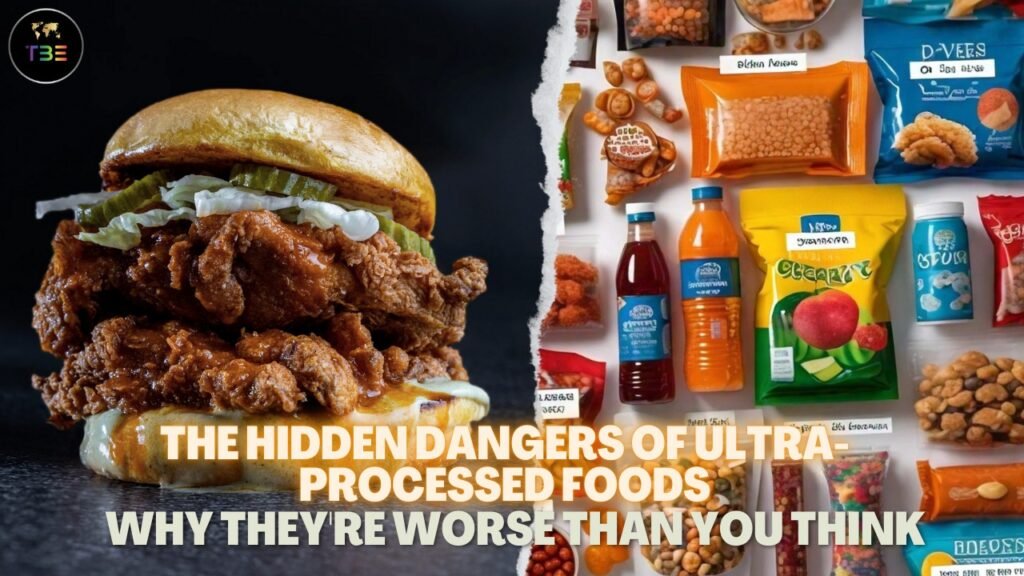
Cheese is a preferred ingredient in many dishes all over the world since it’s tasty and creamy. Can it be you are seeking cheese for reasons other than taste? Is cheese really “as addictive as crack” or even a “drug” as some headlines have sensationalized? We’ll examine the science underlying these assertions, explore the nutritional qualities of cheese, and gain a better understanding of whether cheese merits its unfavorable reputation in this piece.
Where Did the Cheese Craze Start?
The concept that cheese could be addicting is not new. This concept got popularity after a 2015 study published in PLOS One, which sought to find meals that cause “addictive-like eating behaviors.” The study included 120 participants who ranked 35 meals depending on how out of control they felt when eating them and how difficult it was to reduce their consumption. Cheese rated 16th on the list, trailing more popular items like french fries, chocolate, and chips.
After this, media outlets seized on the notion that cheese was especially addictive, a narrative reinforced by Neal Barnard, M.D., in his 2017 book The Cheese Trap. Barnard, chair of the Physicians Committee for Responsible Medicine, labeled cheese as “a dangerous addiction,” blaming its effects on casomorphins, opiate-like peptides created when dairy proteins are dissolved.
Understanding Casomorphins and Their Effects
To understand cheese addiction, one must first look at casomorphins. These are peptides that result from the breakdown of casein, a protein present in dairy products. Casomorphins can bind to opioid receptors in the brain, causing dopamine release, which is connected with pleasure and reward.
It’s worth noting, however, that casomorphins are much less strong than genuine opioids like heroin or morphine. Unlike other drugs of abuse, casomorphins do not cause obsessive behavior or the serious dependency seen with opioids. Furthermore, while dopamine release after cheese consumption can contribute to feelings of pleasure, this impact is not limited to cheese. Shopping, exercising, and even social interactions all stimulate dopamine production.
Cheese and Their Nutrition
Let’s look at the dietary content of cheese to see why it’s so crave-worthy. Cheese is high in fat, protein, and salt, all of which contribute to its flavor and appeal.
Nutritional Facts (per 100 grams of cheddar cheese):
- Calories: 402 kcal
- Protein: 25 grams
- Fat: 33 grams (of which saturated fat is 21 grams)
- Carbohydrates: 1.3 grams
- Sodium: 621 mg
Cheese has high fat and sodium content, which add to its rich, savory flavor and pleasing mouthfeel. This makes cheese an extremely appealing dish that can be easily craved. However, this does not always cause addiction.
The Science of Food Addiction: How Does Cheese Differ from Other Foods?
In the field of science, there is ongoing disagreement regarding the term “food addiction.” Real addiction, according to the National Institutes of Health (NIH), is characterized by compulsive behaviors, a loss of control, and a desire to use the substance in spite of disadvantages. This kind of dependence is not common with foods, especially cheese.
The debate over whether specific meals are addictive frequently revolves around their capacity to stimulate the brain’s reward circuits. While some studies indicate that highly processed meals can activate similar pathways to addictive substances, there is no conclusive proof that cheese, or any other specific food, fulfills the criteria for addiction as defined by addiction specialists.
Choosing Fact from Fiction
Sensational assertions regarding food addiction must be approached with caution. Comparisons between cheese and hard drugs like crack or heroin might obscure the true hardships of those suffering from substance misuse problems. The media’s portrayal of cheese as a dangerous addiction frequently ignores the intricacies of addiction science, which can lead to unneeded panic and misinformation.
In actuality, cheese is a delightful dish that many people consume without feeling any substantial negative consequences. While it is possible to overeat cheese, this is not limited to cheese and can occur with any extremely delicious dish.
In Conclusion, Embrace Balance and Moderation
According to experts, the claim that cheese is just as addictive as crack has been overstated, even if it does include ingredients that may influence the brain’s reward system. Cheese is not so much an addictive substance as it is a pleasurable food due to its rich flavor, pleasing texture, and high fat content.
For most people, including cheese in a well-balanced diet is totally fine. Moderation is the key. Savor cheese as a component of a varied diet that consists of many different foods. Recall that maintaining a balanced and varied diet is more important for good health than eliminating certain items because of overblown claims.
You can eat cheese with clarity and confidence if you know the science behind it and can tell fact from myth.
ALSO READ: How to Protect Your Vitamin D Levels This Belong to: Enjoy Fall’s Sunshine




